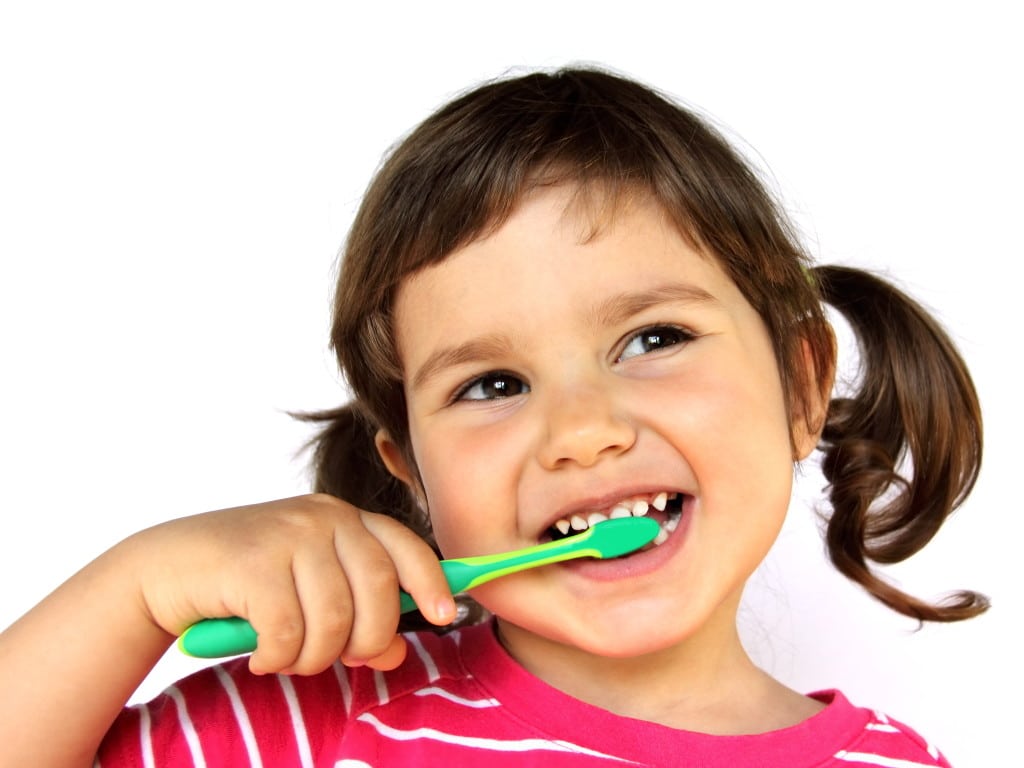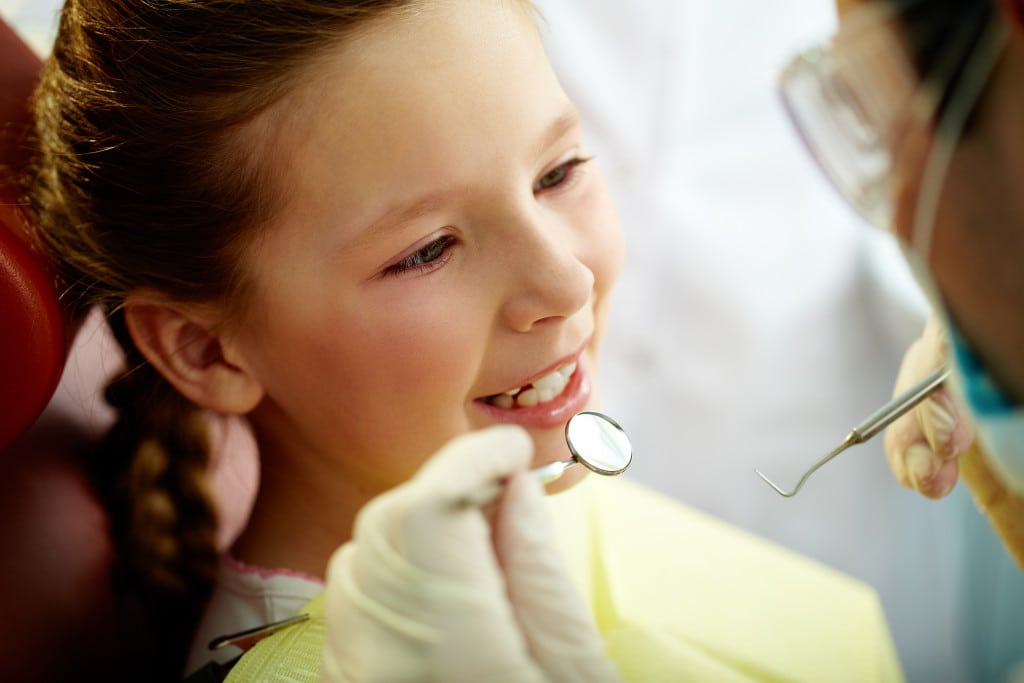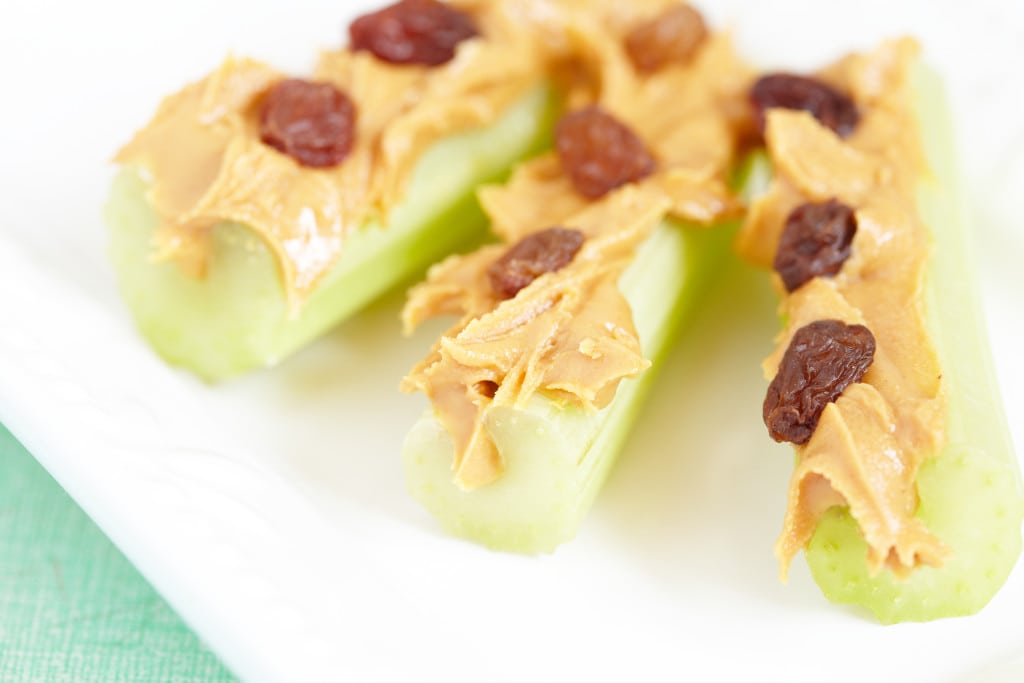At home maintenance
We all need to brush our teeth twice a day, once in the morning after breakfast and once at night just before bedtime. Children are no exception. Brushing removes a build-up of bacteria, germs and plaque that decay the teeth and lead to further damage. Things like tooth decay and gum disease are often caused by poor oral hygiene, and if left untreated these can become serious health risks. However, brushing alone does not adequately clean between the teeth, where a lot of bacteria tends to build up, so it’s important to floss every day as well. By flossing, you are able to reach the bacteria and plaque in all the places brushes simply cannot reach.

- Tip 1:
You should start familiarising children with brushing as soon as their first tooth erupts. Special children’s toothbrushes with smaller heads and extra soft bristles are available for these transition years. If you can encourage a healthy oral routine now, then your child will be better equipped to carry out these routines in their teenage and adult life.
Children’s brushes are normally colourful or have their favourite cartoon on, which helps to make brushing their teeth a positive experience. - Tip 2:
We know it can often be tricky to get children excited about brushing teeth! We recommend trying to make at-home maintenance fun by hanging a brushing chart in the bathroom to be ticked off twice a day, novelty toothbrushes, or even making a game to brush for the length of a popular song.
View our printable wall chart in our activities page.
Regular Check ups
Regularly visiting the dentist is an important part of maintaining healthy teeth, throughout childhood and into adulthood. By the time a child is about three years old, they should have all of their baby teeth. Even though baby teeth fall out it is still extremely important to have regular check-ups with the dentist throughout this phase as they lay the foundation for adult teeth.
Your child’s dentist will evaluate the growth of teeth, positioning and overall oral health as well as identify any signs of decay or damage. Sometimes, dentists can even identify issues early, before they start to cause any major trouble. These check-ups can also give an indication of how your child’s teeth will grow in. This is a necessary part of maintaining our child’s oral health.

- Tip 1:
Book your child in the same time as your own dentist check-up and you go first to show the child there is nothing to be afraid of. This will restore confidence and reduce anxieties in children as they will want to copy their parent. - Tip 2:
Get your children used to their dentist as soon as possible. Make the experience as positive as possible so they do not fear coming to the dentist, allowing them to be relaxed.
Food and Drink
Food and drink play a very important part in maintaining healthy teeth and gums. Bacteria found in the mouth feeds on sugar from foods or drinks, forming acidic plaque that erodes the hard outer layer of teeth (enamel) and leads to decay. This is why lots of sugary foods and drinks, like lollies, soft drinks, fruit juices, biscuits and chocolates are damaging for your teeth.

- Tip 1:
We recommend snacking on crunchy vegetables, dairy with no added sugar such as cheese and natural yoghurt. Water is also always the best option for drinks as even juice often contains added sugars. - Tip 2:
Making these snacks into fun shapes or characters may help your child to be more enthusiastic about eating healthier foods. It is also important to educate your child as to the benefits of vegetables for teeth and the body overall.
Children’s Dentistry FAQs
We are passionate about educating parents and children around proper dental care. If your question isn’t answered below feel free to contact us directly.
We recommend a child’s first dental check should occur before two years of age. Sooner if you have any concerns about the development of their teeth and gums. The baby teeth are very important to the future development of your child’s mouth.
Our Dentists and Oral Health Therapists believe in establishing good oral health practices from an early age. Our aim is to keep visits fun and health focused. If there is a need to treat disease however, this care is provided in a safe and comforting environment.
Many parents overlook the importance of baby teeth and how prone they are to decay. Baby teeth are prone to decay as the enamel is so much softer than that of permanent teeth. Babies who are left with a bottle or are frequently nursed are at risk of developing decay as a result of prolonged exposure to milk or juice.
It is important to remember that the health of your baby’s teeth lays the foundation for their oral health in the future.
Dental decay is fairly common in preschool children, and is often caused by frequent consumption of sugary, starchy and acidic foods, as well as fruit juices, cordials and soft drinks. It is important to note that frequent snacking often promotes tooth decay because the bacteria in plaque produces acid from foods and drinks. When teeth are frequently exposed to these acids, decay can occur.
We often suggest that children have fissure sealants placed as a preventative measure for decay, because many of the cavities in children’s teeth occur in the deep pits and grooves of the molar teeth. The sealants are made from plastic resin and are applied to the surface of the teeth sealing the grooves, protecting them from harmful bacterial plaque that can lead to tooth decay. Once your child has been in for a dental check-up, we will let you know if fissure sealants are a suitable treatment.
Children’s teeth need the same level of care as adult teeth. This means they should be brushed twice a day and flossed once a day.
Children’s teeth need flossing too! We recommend starting to floss once your child’s teeth have begun to fit together closely. This will be different for every child but should fall somewhere between 2 and 6. However, flossing can be tricky – especially for little hands – children will need assistance until around the age of 10 and supervision after that.
Children are more susceptible to decay than adults. For this reason, and the fact that their mouths are continually growing and changing, it is extremely important that they come to see the dentist every 6 months as recommended. Here we will be able to catch any problems early on and assess the course of development.
When your baby reaches 18 months they can use a small pea sized amount of children’s toothpaste. Before this simply use water on a soft bristled toothbrush or wipe down gums with a damp cloth.
For babies without teeth, wipe the gums every day with a clean washcloth to remove plaque. As the first teeth appear, use a small, soft toothbrush and water to clean the teeth.
Baby bottle decay is decay that forms in infants and toddlers appearing from falling asleep with bottles in their mouths or sucking on dummies that have been dipped in honey or syrup. Falling asleep suckling on milk or juice can cause the liquid to pool around your baby’s teeth, the sugars found in these drinks can react with bacteria present in the mouth to form decay – even if your child only has a couple of teeth.
Though thumb sucking is normal for children, when their permanent teeth start to come through, this can cause problems. When kids suck their thumbs, fingers or dummies this can cause their permanent teeth to misalign, which can cause issues.
We recommend that if your child is still sucking their thumb by the age of six, then gently encourage them to stop with positive reinforcement techniques. If you are having any issues, our dentists will be able to suggest some positive methods to encourage your child to stop.
The simplest answer to this is sugar. Foods that contain a lot of sugar and not good for kids teeth. Sugar helps the bacteria and plaque in the mouth to break down teeth and cause things like tooth decay. Things like orange juice are also bad for teeth as the acid breaks down teeth over time.
Foods and drinks that contain caffeine can cause teeth to go yellow, so things like chocolate and Cola (which contain both sugar and caffeine) are not so good for teeth. If your child has only small amounts of these things and cleans their teeth every day, then they will reduce the risk of decay and disease.
This will be different for each child. Generally, children begin to lose teeth between the age of 6 and 8 but do not be alarmed if your child hasn’t lost any teeth yet, every child is different. If you have concerns about your child’s development call us to schedule an assessment.
Children’s Dentistry Tips & FAQs for Patients in Paddington Brisbane at Crookes & Jenkins Dental
If you are looking for a family dentist or want to find out more about children’s dentistry treatments please do not hesitate to contact the friendly team at Crookes & Jenkins.
